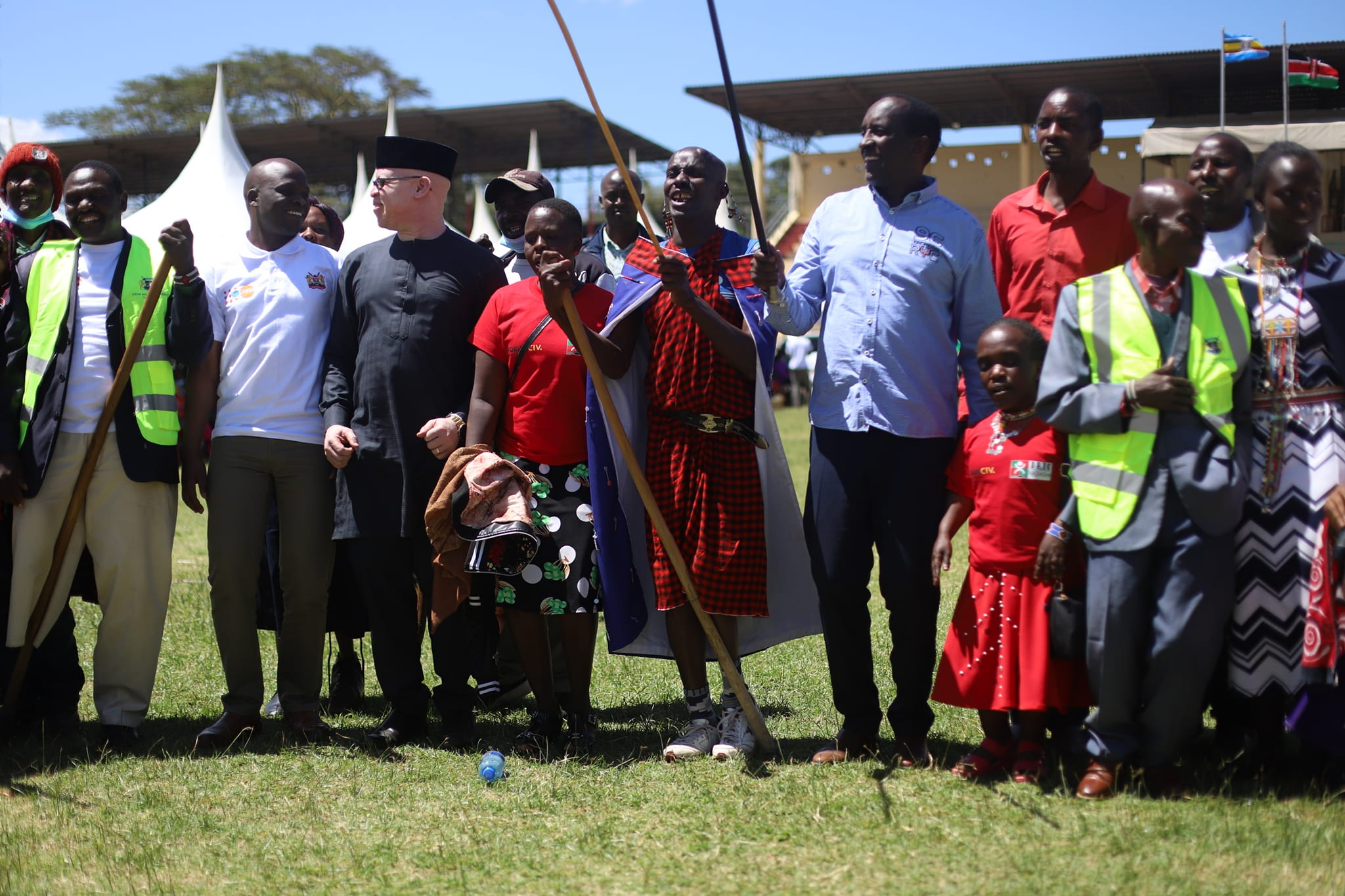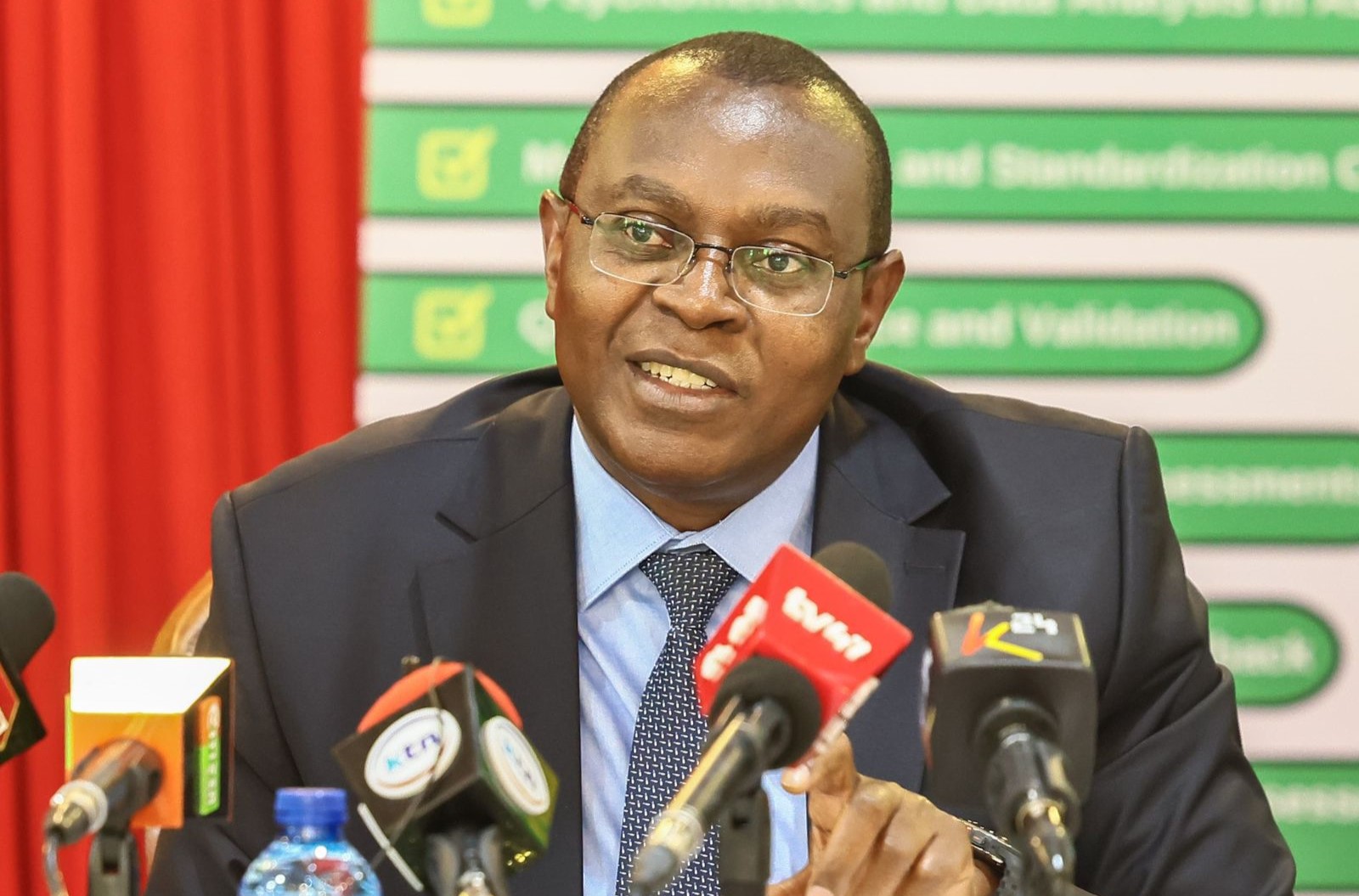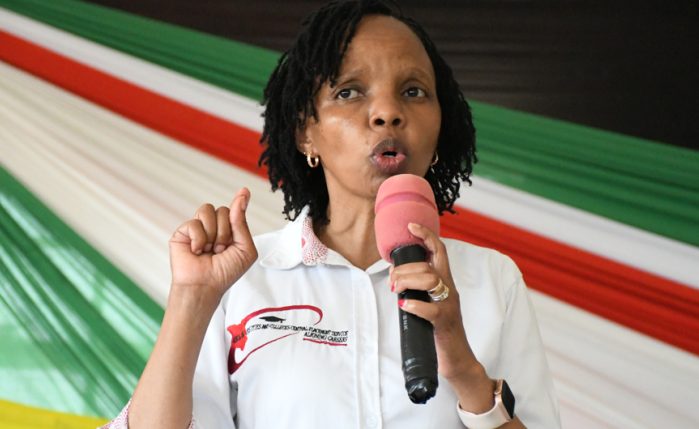Both national and Narok County administration are facing mounting pressure to establish schools tailored for learners with disabilities within the region.
Justus ole Kisotu, the representative for persons with disabilities in the county, has raised concern over the lack of inclusive educational institutions, saying it has forced students with disabilities to travel long distances to access learning facilities.
“Many of our children are dropping out of school simply because there are no special needs schools nearby,” said Kisotu while addressing the media in Narok town. “This is not just unfair — it is a violation of their right to education.”
READ ALSO:
Kilifi school kids chant indian prayers in return for food aid
Kisotu noted that the absence of local special needs schools has led to a worrying trend of school dropouts among learners with disabilities. He urged both levels of government to act urgently.
“Every child, regardless of their physical condition, deserves access to quality education. These children should not be left behind,” he emphasized.
He further proposed that government offices handling disability-related matters be managed by persons with disabilities, arguing they are best placed to understand and address the challenges facing their peers.
“Many persons with disabilities are highly educated — they have university degrees and are more than capable of serving in leadership roles,” Kisotu added.
Parents of children with disabilities echoed Kisotu’s sentiments, noting the heavy financial burden they bear when seeking education for their children outside the county.
“We spend a lot on transport, accommodation, and school fees just to get our children the education they deserve,” said Mary Naserian, a mother from Narok South. “If schools were available here, our lives would be much easier.”
Civic groups and disability rights advocates have also joined the call, demanding that the government fulfill its constitutional obligation to ensure that persons with disabilities have equal access to employment opportunities and government tenders.
“Inclusion is not charity — it’s a right,” said one activist. “The Constitution is clear, and it’s time it was implemented fully.”
As pressure mounts, all eyes are on both the national and county governments to respond with tangible action.
By Kimutai Langat
You can also follow our social media pages on Twitter: Education News KE and Facebook: Education News Newspaper for timely updates.
>>> Click here to stay up-to-date with trending regional stories
>>> Click here to read more informed opinions on the country’s education landscape






